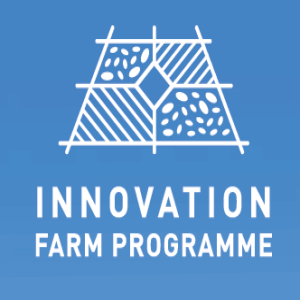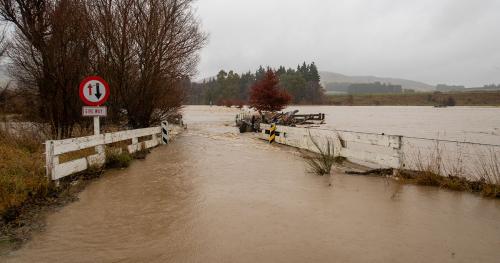Search results
Displaying 431 - 440 results of 1104
- Other PDF… alone autumn nitrogen considered applied part annual maintenance fertiliser application … plan options have discussed option selling annual draft ewes from terminal sire mob order …
- News… value of the WTO to NZ farmers ahead of a WTO meeting in Abu Dhabi with agriculture a hot …

- PodcastNeil Aicken is part of the Beef + Lamb New Zealand Innovation Farm Programme. In the next couple of years, he is going to trial remote vehicle monitoring (for management and for Health and Safety), …

- User guide0800 beeflamb 0800 233 352 wwwbeeflambnzcom farmers farmers 8 user guide simple feed budget sfb introduction simple feed budget tool aims help you make decisions optimise both animal pasture …
- News… And finally, we’ve also had numerous meetings with the likes of the Climate Change … out what we’ve been doing – including key meetings, public information and research. …

- Industry data… per cent decline total mutton export receipts annual average mutton price 202122 season … volume record usd075 estimated 202122 average annual price steerheifer 270295kg 502 cents … 39 17 04 77 47 new zealand 36 33 17 23 37 39 annual average change march year note euro …
- NewsDevastating storms over the past week have caused significant damage to farm infrastructure, irrigators, trees and shelterbelts through Canterbury, Otago and …

- Other PDF… workforce sector generates 12 billion income annually 46 billion household income average … forestry investment would considered meeting transitional exemptions number changes … land classes 15 being entered ets however annual quota 15000 land class 6 being able …
- … If you receive voting packs for B+LNZ annual meetings you’re already on the electoral …
- Factsheet… about each examples any stockholding areas meeting limits require certified freshwater …